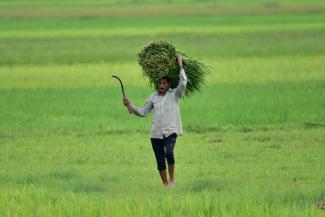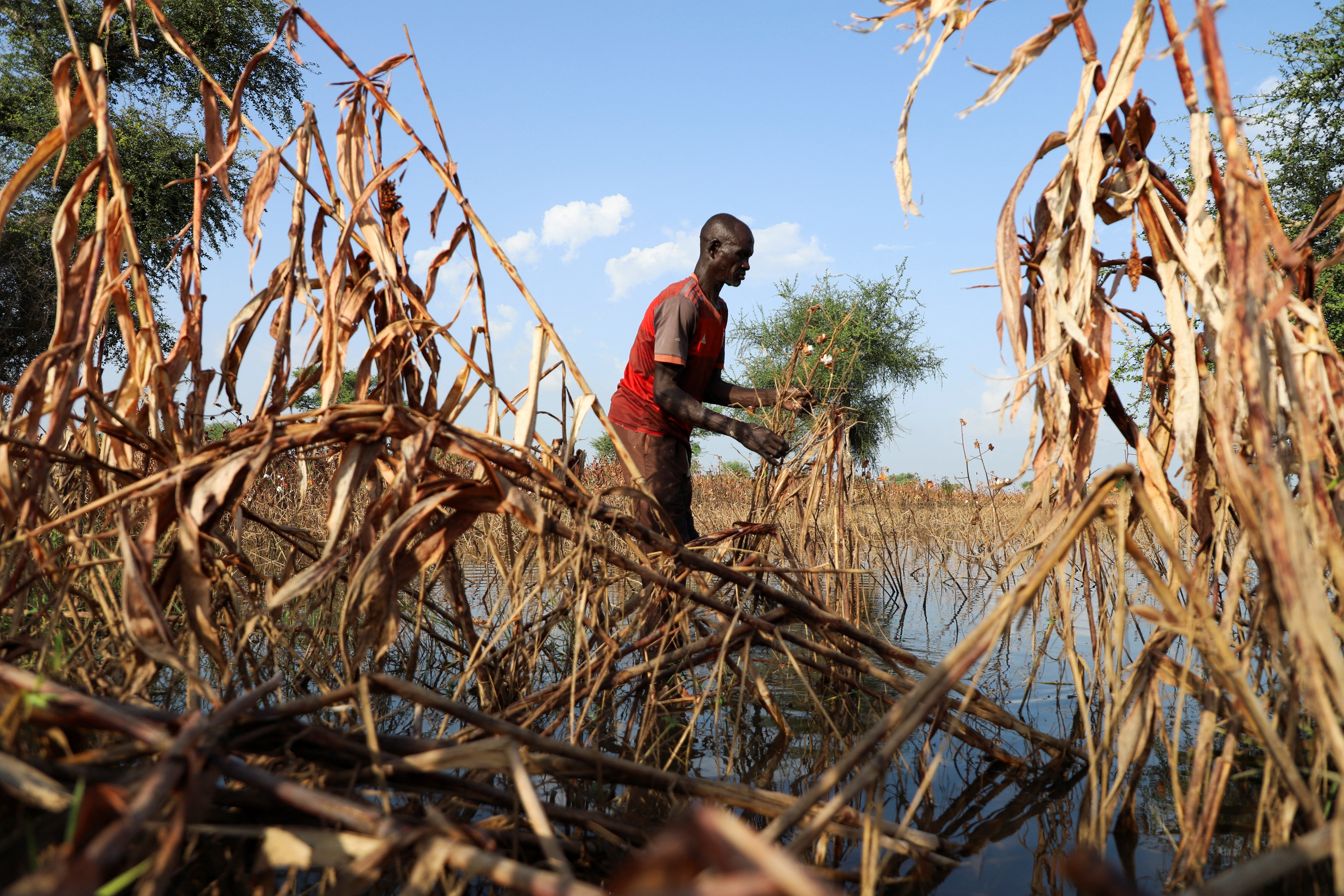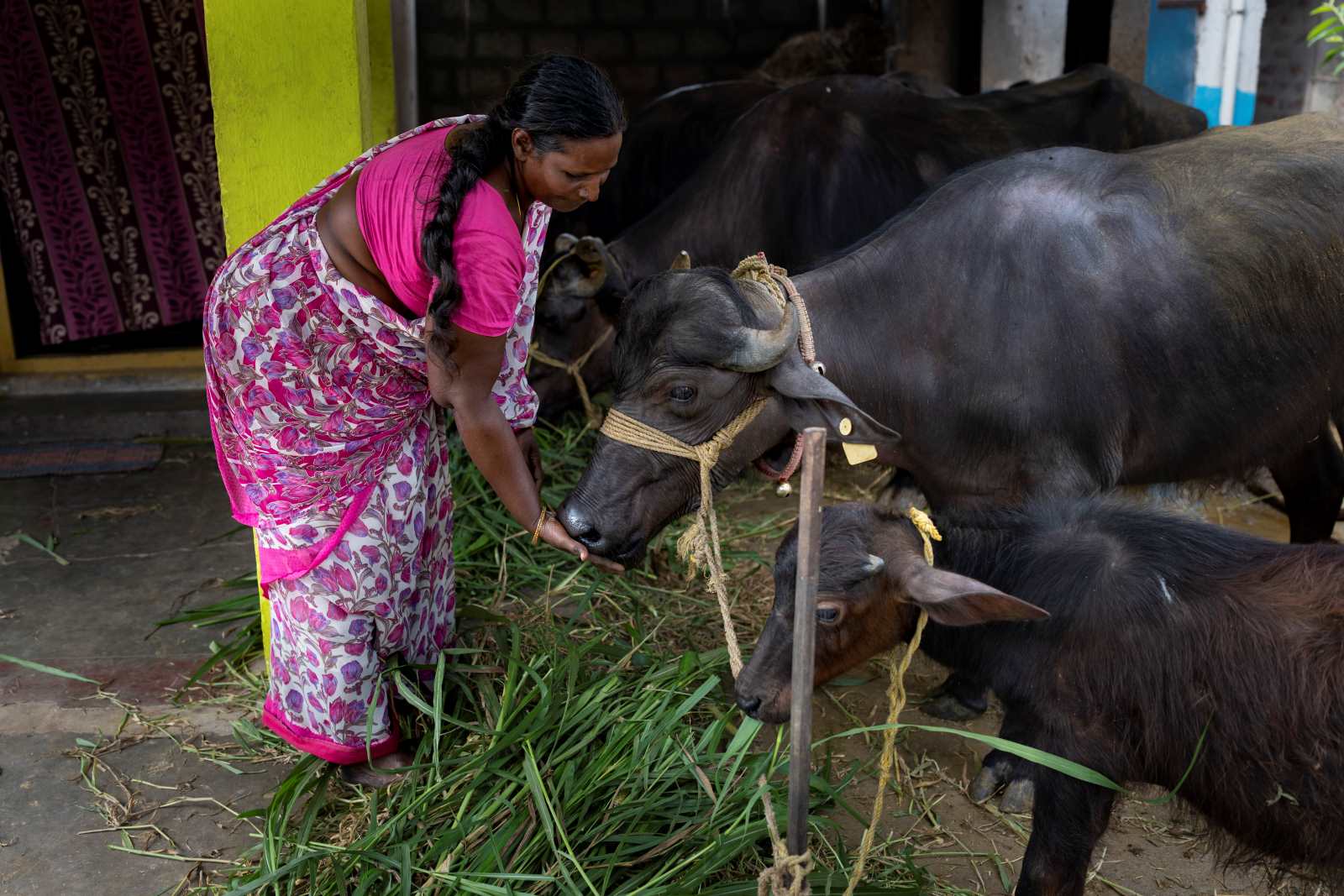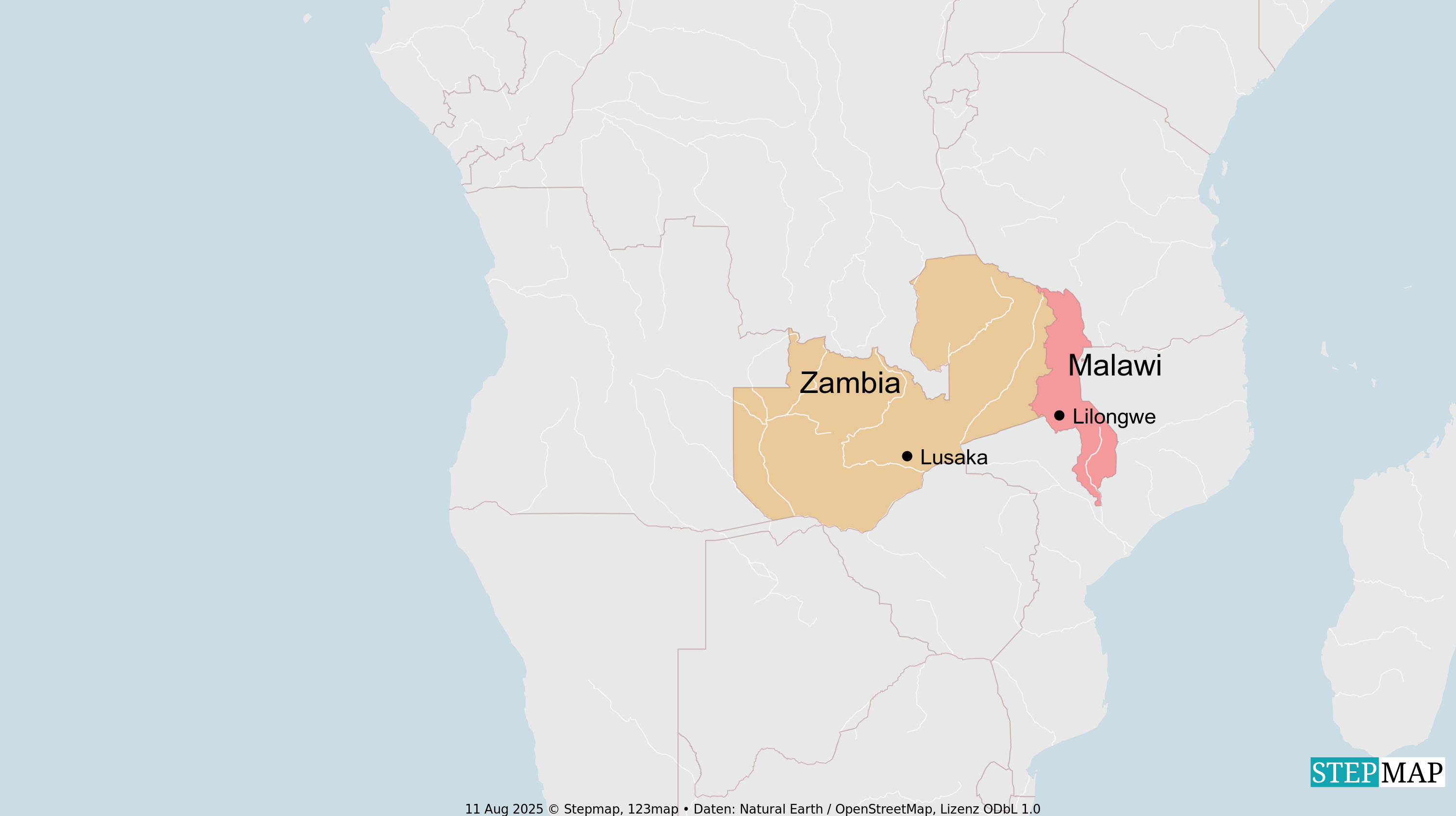Our view
How to end hunger

Progress towards SDG2, the eradication of hunger, is too slow. Though the international community has been producing enough food for everyone in principle for decades, 800 million people are cut off from supplies because of war or because they are too poor to buy what they need. One tenth of the world population is thus suffering existential need. Their share is too large, though the decline from one sixth around the turn of the millennium shows that success is possible.
In a frightening trend, however, the climate crisis is now thwarting many long-standing agricultural practices. Should things get much worse, global harvests will at some point no longer suffice for everyone even in theory. The big challenge is to make farms resilient.
Solutions must be locally specific, so local communities matter very much. It is essential to safeguard and enhance the health of soils. They can be made more productive and more resilient to flooding and drought. Attractive win-win situations arise when soils store carbon. Because tropical and subtropical ecosystems are quite fragile, modernisation must proceed carefully.
Progress depends on good rural infrastructure. In the lack of it, rural communities stay condemned to traditional practices that make them vulnerable and keep them poor. They need access to markets, facilities for storage, processing and distribution as well as reliable institutions for education and healthcare. Without these things, food security is impossible in remote areas of developing countries and emerging markets. The climate crisis is making this old insight even more important.
The leaders of hunger-affected countries bear a huge responsibility. They must safeguard peace and build essential infrastructure. Otherwise, need and violence become increasingly likely. It is politically explosive when masses of people lack any promising outlook.
We also know, however, that the budgets of low-income countries tend to be overstretched, particularly where governments have piled up too much debt. The international community must not leave these countries in the lurch. The people suffering the worst need have neither contributed much to the climate crisis nor to the debt problems.
At the same time, the meat consumption that typically goes along with prosperity must decline. Industrial-scale livestock farming is linked to dramatic carbon emissions and excessive pesticide usage. That is a core reason for the so-called conventional agriculture of prosperous world regions being an important driver of the global environmental crisis.
Unfortunately, international solidarity is weakening. Government officials and citizens of high-income nations increasingly seem to believe that it is okay to focus more on domestic problems. They are wrong. In our era of worldwide networks and complex supply chains, all of the most important challenges are global. The EU and other privileged world regions cannot save themselves by leaving the rest of humanity behind. We all need the global solutions that are spelt out in the SDGs.
Hans Dembowski is the editor-in-chief of D+C/E+Z.
euz.editor@dandc.eu















